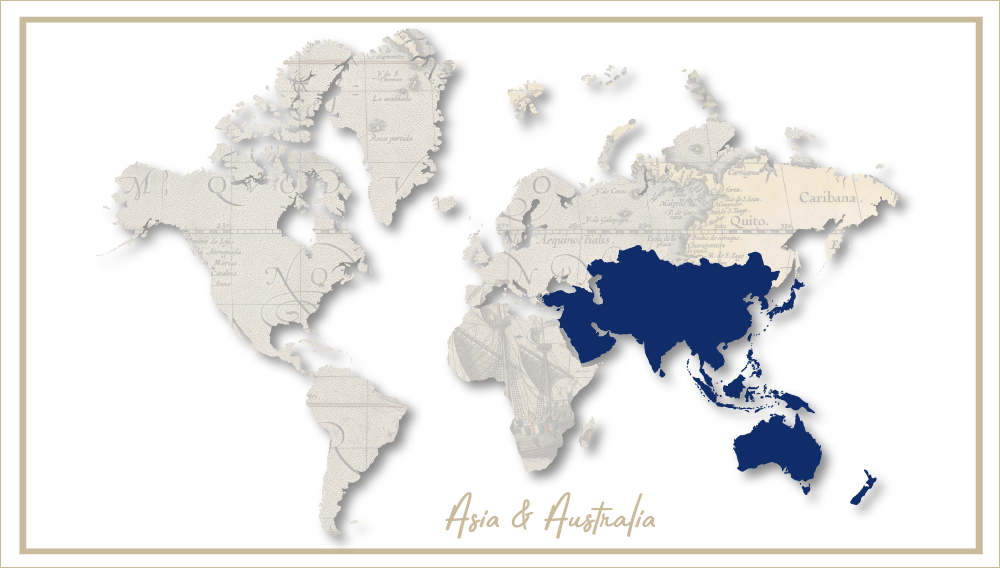Booming RTD sales
According to recent research by Diageo, about 20 percent of all off-premise liquor sales in Australia are RTDs with the pre-mixed segment generating more profit per square metre than any other category in liquor stores.
However, super-strength “Alcopops” and potent energy drinks will soon be dropped by the Foster’s Group, Lion Nathan and Diageo, prompting claims the industry is fearful of a Federal Government crackdown on the controversial pre-mixed spirits market.
Foster’s announced plans in March to stop making all such products containing more than two standard drinks or more than 7 percent alcohol. Alcoholic drinks containing “energy” additives such as caffeine and taurine will also be dropped.
Within hours Lion Nathan had followed suit and Diageo, maker of Bundaberg, Johnnie Walker and Smirnoff, told the media it would phase out its products by June. A spokesman for Diageo was quoted as saying that the decision to remove stronger brands had already been made last year and any suggestion it was a response to a change in government policy was “erroneous”.
Pre-mixed spirit-based drinks have garnered an infamous reputation as the drink of choice for the under-age and youth market. Apparently, the higher alcohol versions of RTDs appeal to young people who “like to get drunk faster”.
Traditionally, these drinks had an alcohol content of around 5 percent but increasingly the trend is for 7 percent alcohol brands.
Super-strength products of 8 percent and 9 percent alcohol are the ones to be phased out, but many believe the 7 percent alcohol category should also be scrapped.
Obviously, the alcohol producers are trying to head off criticism by squeezing off the highest-concentration drinks, but this has been interpreted widely as a rather cynical move. Alcohol producers do not lose very much money because there are not very many of these products on the market. By still producing ready-to-drinks at 7 percent alcohol it means there are two standard drinks in the container and that could be an encouragement for people to drink rapidly, which is unsafe and unhealthy.
The move to scrap high-strength brands has divided the lucrative spirits industry, with some companies reluctant to change their product lines. For example, Independent Distillers, the maker of Vodka Cruisers and milk-based Vodka Mudshakes, has made no announcement so far about cutting stronger products.

